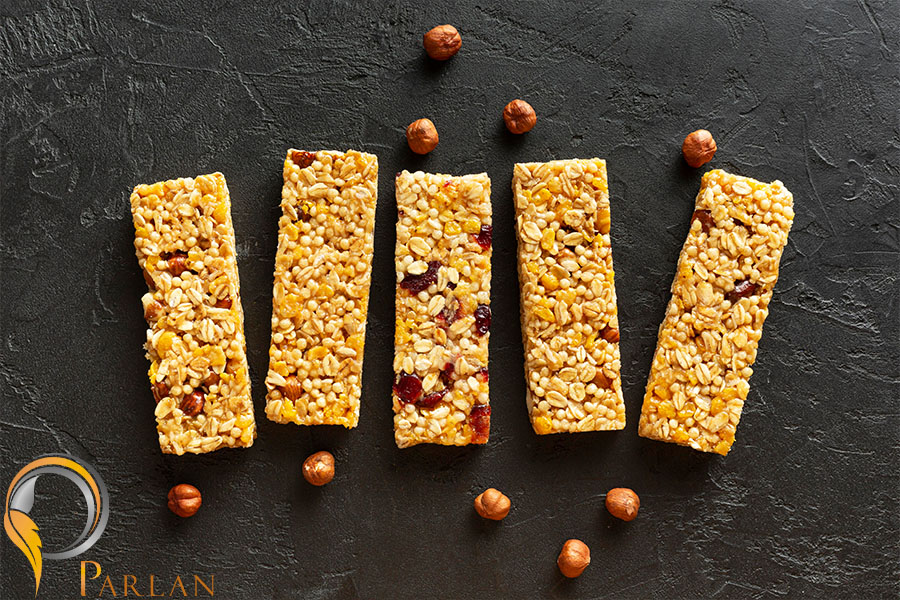Nuts are a great addition to any gym diet. Not only are they a healthy source of protein and healthy fats, but they also offer a range of other important nutrients that can help improve your performance and aid in your recovery after a workout. In this article, we’ll explore the benefits of nuts in the gym diet, the best types of nuts to eat, and some tasty and nutritious ways to incorporate them into your meals.
The Benefits of Nuts in the Gym Diet
Nuts are a great source of protein, which is essential for building and repairing muscle tissue after exercise. They also contain healthy fats that can help keep you feeling full and satisfied, which can be especially helpful if you’re trying to lose weight or maintain a healthy body composition. Additionally, nuts are rich in vitamins and minerals that can help support your overall health and well-being.
For example, almonds are a good source of vitamin E, which acts as an antioxidant in the body, helping to protect against damage from free radicals. Brazil nuts are a great source of selenium, which is important for immune function and thyroid health. And walnuts are a good source of omega-3 fatty acids, which have been shown to help reduce inflammation and improve brain function.
The Best Types of Nuts to Eat
While all nuts are healthy, some are better than others when it comes to the gym diet. Here are some of the best nuts to include in your meals:
- Almonds – Almonds are a great source of protein, healthy fats, and vitamin E. They also have a low glycemic index, which means they won’t cause a rapid spike in blood sugar levels.
- Brazil nuts – Brazil nuts are one of the richest sources of selenium, which is important for immune function and thyroid health.
- Walnuts – Walnuts are a good source of omega-3 fatty acids, which have been shown to help reduce inflammation and improve brain function.
- Pistachios – Pistachios are a good source of protein, healthy fats, and fiber. They also contain a range of vitamins and minerals, including vitamin B6, potassium, and magnesium.
- Cashews – Cashews are a good source of protein and healthy fats. They also contain a range of vitamins and minerals, including vitamin K, magnesium, and copper.
Ways to Incorporate Nuts into Your Meals
There are plenty of tasty and nutritious ways to incorporate nuts into your meals. Here are a few ideas:
- Add nuts to your breakfast – Sprinkle a handful of almonds or walnuts on top of your oatmeal or yogurt for a protein-packed breakfast.
- Make a nut butter – Blend your favorite nuts in a food processor until smooth to make your own nut butter. Spread it on toast, add it to smoothies, or use it as a dip for fruits and vegetables.
- Snack on nuts – Keep a bag of mixed nuts on hand for a quick and easy snack between meals.
- Top your salad with nuts – Add a handful of chopped nuts to your salad for a satisfying crunch and extra protein.
- Make a nutty trail mix – Combine your favorite nuts with dried fruit, seeds, and a touch of dark chocolate for a tasty and nutritious snack.
Furthermore, nuts are a convenient snack option for those on the go. They are easy to carry and require no preparation, making them an ideal snack to eat before or after a workout. Additionally, incorporating nuts into your meals can help you meet your daily calorie and nutrient needs, as they are a nutrient-dense food.
It’s important to keep in mind that nuts are also high in calories, so it’s important to practice portion control. A serving size of nuts is typically one ounce, or about a handful. Eating too many nuts can lead to weight gain, so it’s important to enjoy them in moderation.
In summary, nuts are a delicious and nutritious addition to any gym diet. They provide a range of important nutrients that can help support your overall health and well-being, as well as your performance and recovery during and after workouts. So, be sure to incorporate plenty of nuts into your meals and snacks to help you reach your fitness goals.

